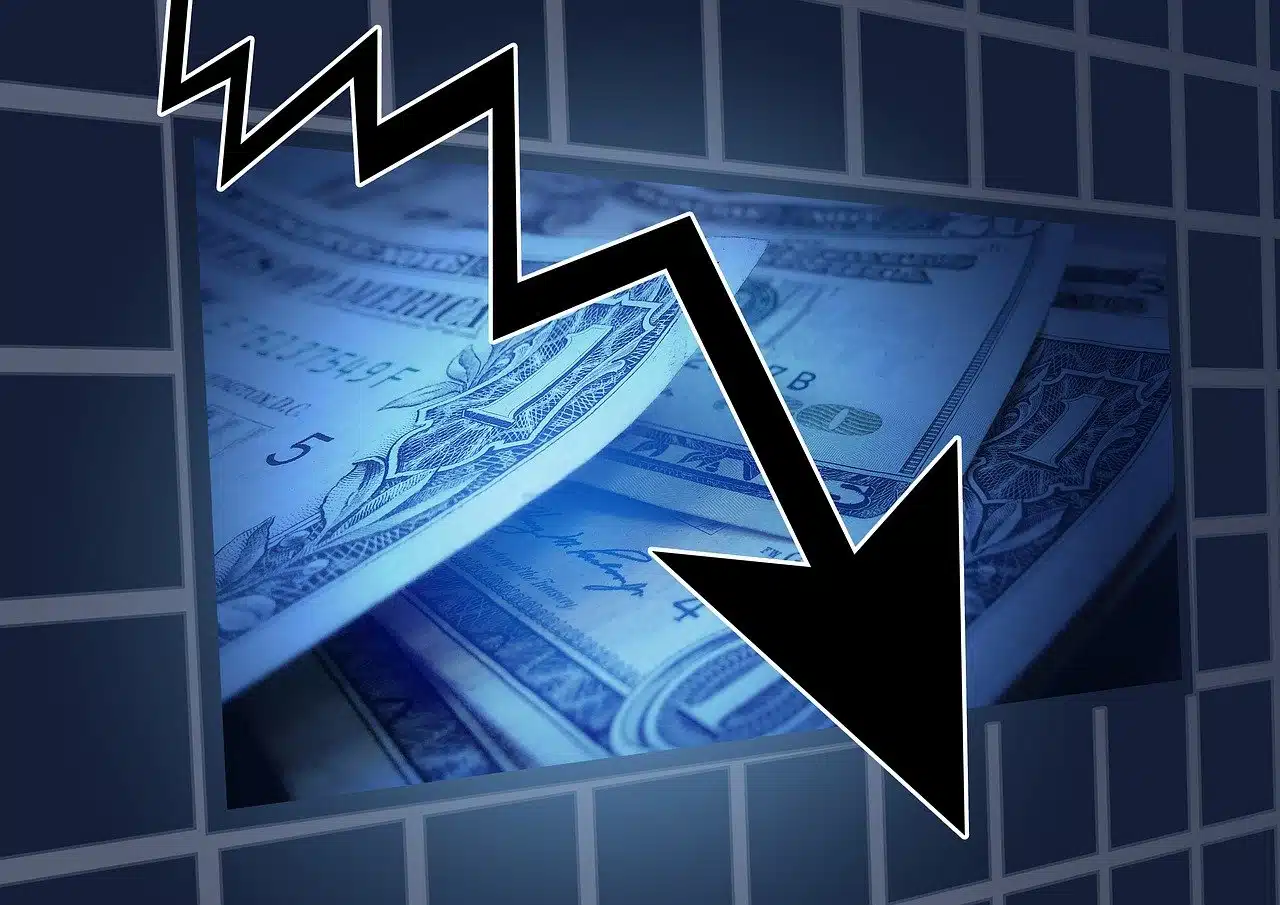
A depression in economic activity is known as a recession.
Recession is the action and effect of withdrawing or retreating (moving away, separating, going back). The term, coming from the Latin recessĭo , is very common in the field of economics to refer to the depression of economic activities .
The recessionary period can affect a country, a region or even the entire world. It is usually considered that a recession appears when the Gross Domestic Product (GDP) declines for at least two consecutive semesters.
Recession usually implies a drop in consumption and production of goods and services . Investment also declines, while unemployment increases. The downward spiral of economic activity exhibits interrelated phenomena: as consumption falls, production falls; Companies, therefore, lay off workers and unemployment increases.
Consequences of a recession
In recent decades, the economic crisis that has devastated the world in general has caused many countries to experience a notable recession, as occurred in the case of Greece , Italy , Portugal and Spain . All nations that have had to suffer all kinds of cuts, tax increases and even suppression of certain public services by their governments.
All of this has translated into loss of economic capacity on the part of citizens, a notable increase in the number of people without work, truly delicate situations of entire families without enough money to be able to survive and maintain basic services for their homes such as electricity, water. , the gas...

Recession can cause serious social problems.
Causes of an economic contraction
There are many causes that can lead to a deep process of economic recession in any country. However, experts in the field agree in highlighting that among the most frequent are political and economic corruption carried out by the leaders and main visible heads of entities and administrations, overproduction and the lack of innovation .
In the same way, it should not be overlooked that other phenomena can give rise to a recession of this type, such as the absence or appearance of new capital or a notable decrease in what would be consumption since there is no demand for certain products or goods. All of the aforementioned causes that could be seen in the previous countries.
Typically, recession occurs gradually and can be anticipated by monitoring economic indices. When the recession occurs abruptly, a crisis occurs and may include business bankruptcy, default, etc.
Recession in capitalism
The system of capitalism considers recession as one of the phases inherent to the economic cycle . This is a descending phase, with cuts in investment, production, spending and employment.
The lowest point of this phase is called depression . Then comes the turn of reactivation , which is already an ascending phase with capital renewal. The highest moment of the economic cycle is the boom that, upon reaching a certain level of rigidity, begins to give way to recession again.
